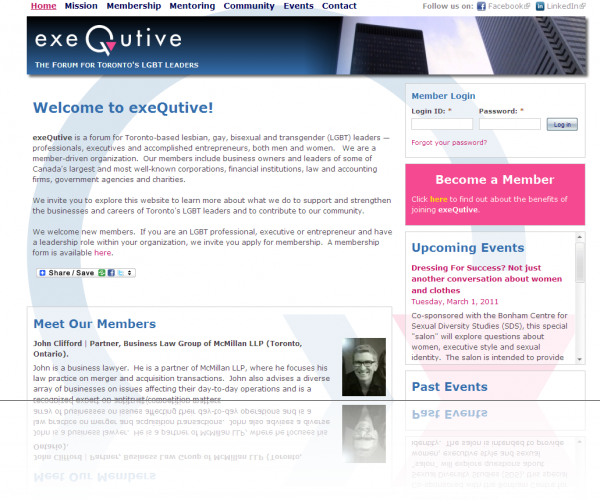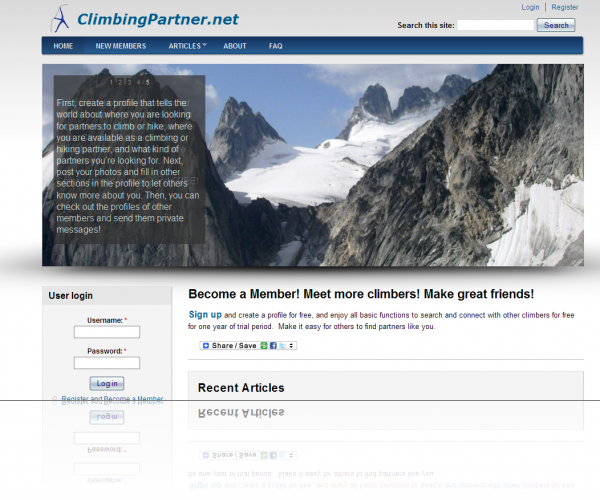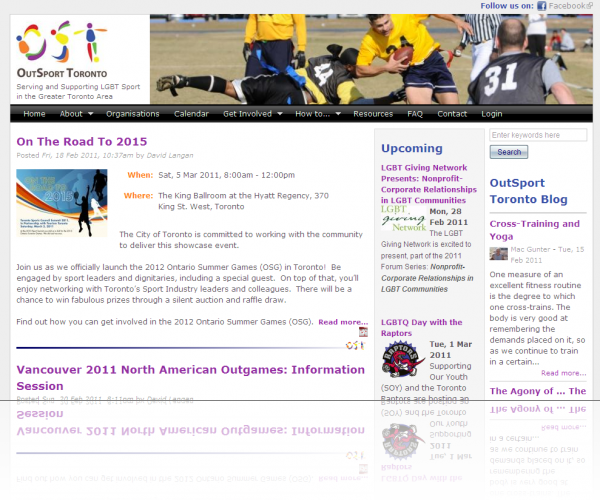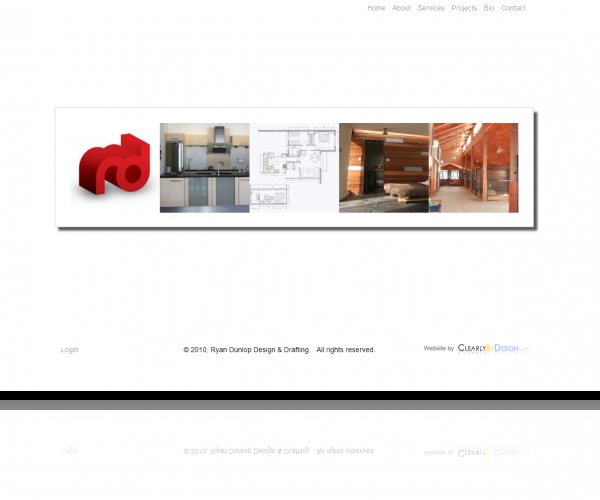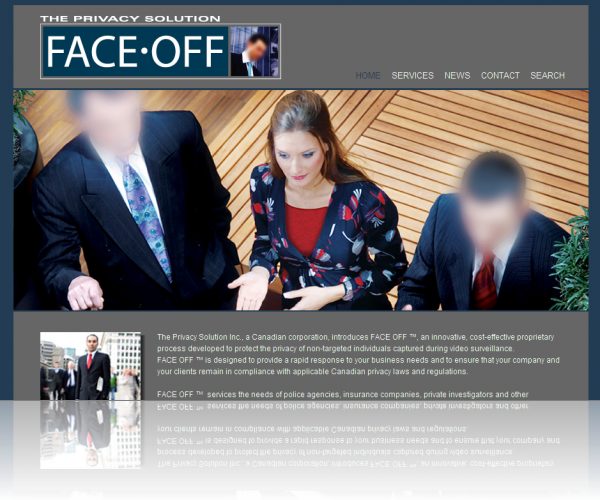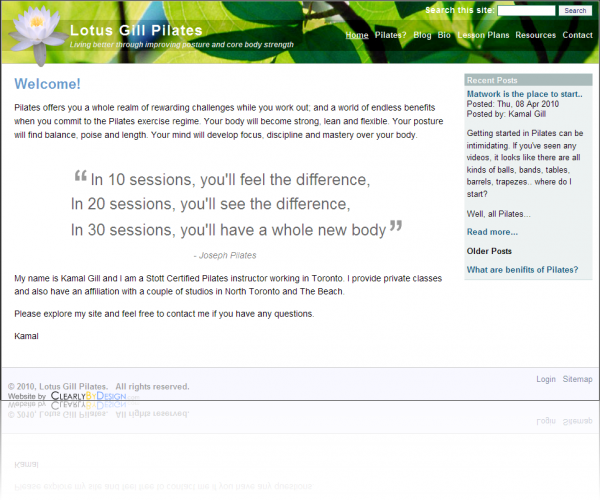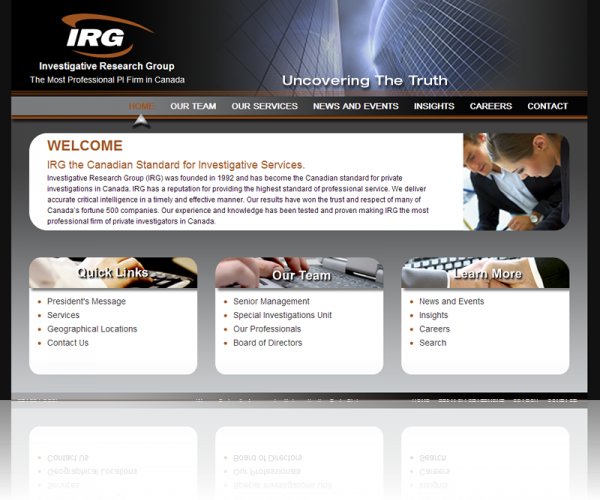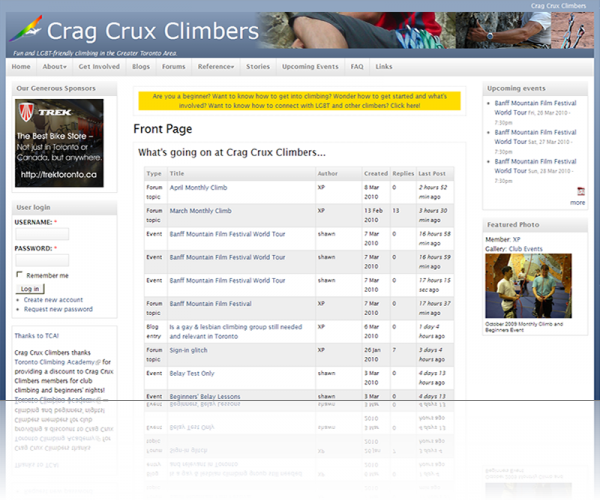Drupal is a free software package that allows an individual, corporation, or a community of users to easily publish, manage and organize a wide variety of content on a website. Tens of thousands of people and organizations are using Drupal to power scores of different web sites, including
- Community web portals
- Discussion sites
- Corporate web sites
- Intranet applications
- Personal web sites or blogs
- Aficionado sites
- eCommerce applications
- Resource directories
- Social Networking sites
Drupal is open-source software distributed under the GPL ("GNU General Public License") and is maintained and developed by a community of thousands of users and developers.
We really like Drupal for a number of reasons.
- Open Source, which means it is a 'free' alternative to other technologies that provide the same (or often less) set of features. That makes it economical for our customers. They pay just for our services, not for the software too!
- Drupal is used extensively around the world, with tens of thousands of web sites running on the Drupal CMS. A broad user base means it will be around for a long time, safeguarding your investment in a Drupal-based web site.
- Literally thousands of people globally contributing to Drupal.
- The project has a well-formed, good governance core of individuals (including the originator of Drupal) who are constantly moving Drupal forward, ensuring it conforms with the latest security standards and other solid trends in the web environment. Sub-committees ensure that the platform is the best it can be.
- Contributors have their worked checked by hundreds of people, many of whom offer improvement suggestions, and all of whom report defects and deficiencies if they find them. Drupal and the contributed modules is arguably one of the best-tested platforms around!
- Highly configurable and extendable. There are hundreds of add-on modules implementing a broad range of features (see Features for a sample list). And, if a module does not exist to implement a particular feature, Drupal has a rich application programming interface (API) that permits us to write one, leveraging all the capabilities already in Drupal, including its built-in security.
- Drupal has a good, clear separation of presentation, functionality, and content, which means we can create themes to style the way your website looks without worrying about the underlying functionality. We can also easily switch themes, and preserve the features and functions of your website, which makes rebranding, or even simply just different themes for different style of users possible and easy.
Separation of content from the rest of the website means we can work on your website, its flow, theme, and features even if you don't have all your content worked out. Working in parallel like that means we can be done quicker than simple HTML-only sites.

